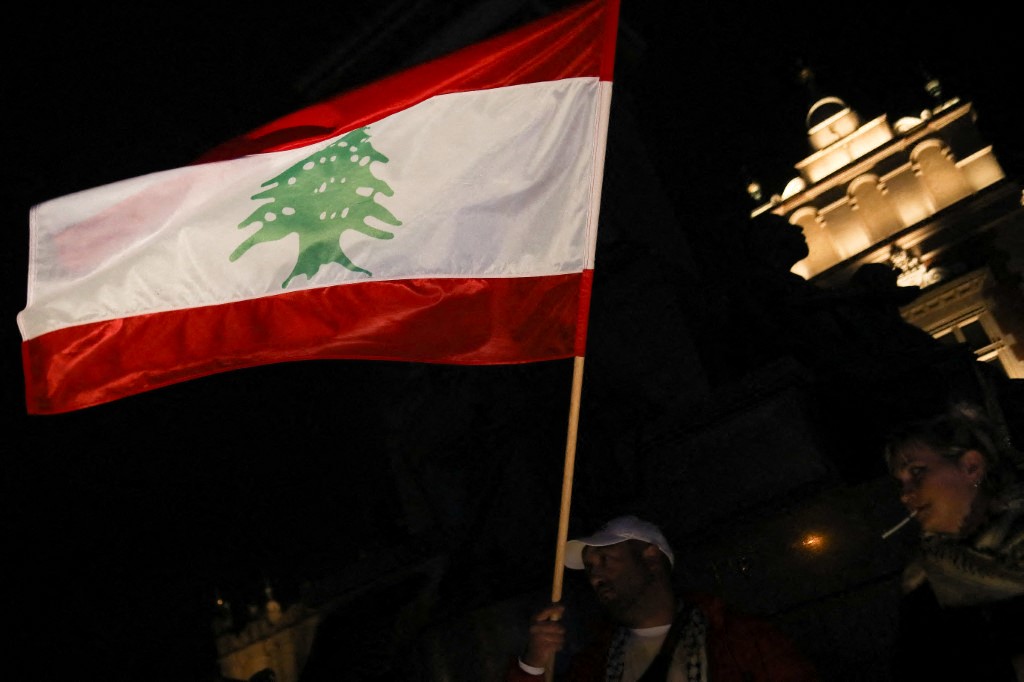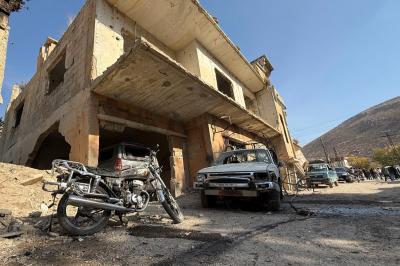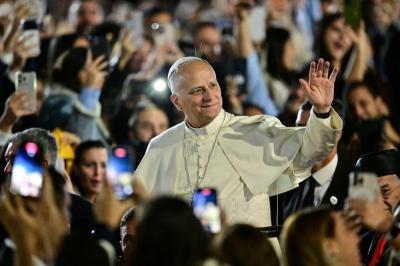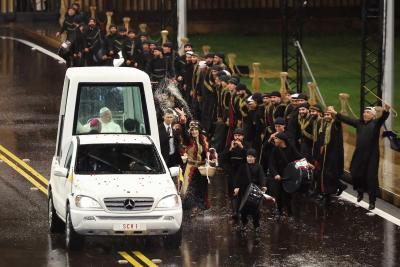At the heart of what defines a nation to me lies this: a people who choose to live together in the same span of time and on the same land, bound by “shared hopes and shared pains.”
But where do the Lebanese stand on this? Have they truly lived a common life of collective hopes and pains over the 105 years since the proclamation of “Greater Lebanon”—if not earlier?
The context for raising the question is Lebanon’s chronic divisions—whether deep and structural or sudden and circumstantial. Of course, unity of opinion is not required; political disagreements, big and small, are not only natural but essential for democracy and freedom of expression.
What is unnatural, however, is the fragility of Lebanon’s politics, where a mere encounter between the heads of two branches of power after a minor dispute is treated as a national event. Where every disagreement—no matter how trivial—triggers a crisis that overshadows politics and headlines.
The Meaning of “Homeland”
Have the Lebanese even agreed on the meaning of the word “homeland”? Do all citizens see Lebanon through the same lens? Has its identity, enshrined in the constitution, ever been forever defined—or has every group clung to its own interpretation, regardless of what the constitution says?
Take, for example, the bleeding wounds of the south, the Bekaa, and Beirut, which have borne the brunt of two years of war. Do those losses belong to all Lebanese—or only to those displaced, uprooted, or driven into poverty? When the parliament speaker criticized the government for neglecting these regions, the prime minister countered by reminding everyone he was the first to visit the devastated areas after the ceasefire. Instead of uniting, the Lebanese split—yet again—into rival camps.
More than a third of the population today lives without land, security, or shelter—at the mercy of Israeli bombardment. Villages have been flattened, homes reduced to photographs in family albums, memories etched in tears. And yet, other Lebanese carry on as if in Monte Carlo or Marbella, unmoved by the roar of warplanes above their heads, mistaking them for “buzzing geese.”
Whose Martyrs are those? Selective Memory of Suffering
When Lebanese fighters fall in war or in the line of partisan duty, are they martyrs for all Lebanese—or only for their faction, ally, or rival? Other nations have endured civil wars, reconciled, and sat at the same table—like South Africa, which embraced “truth and reconciliation” to build a cleaner future. Lebanon, meanwhile, remains trapped by its divisions—not only over martyrs but also over its missing and disappeared.
The same applies to past tragedies. Was the Great Famine of 1915 a shared national wound? Or is it remembered only by parts of Mount Lebanon, confined to its religious boundaries, while others identified instead with the foreign power responsible, simply because of shared faith?
These are three examples of pains that should have united the Lebanese—but instead revealed a people divided, caring only about their own narrow suffering.
The Missing Hopes
And what of shared hopes? Do we rally behind a citizen, a group, or a party that puts forward a genuine national project—or do we dismiss it out of envy, echoing what Charles de Gaulle once said of France, that “the scourge of France is envy”? Envy, indeed, is also one of Lebanon’s plagues.
If a ruling team lays down long-term strategic plans, are they thwarted not because the projects are flawed, but simply to deny them credit? Here, spite joins envy—two sides of the same disease.
And if a group proposes a secular project for the nation, one that takes it out of the narrow sectarian alleys and onto the broad paths of development and progress, will the fanatical sectarian and denominationalists come together to embrace it even if they are at odds with each other? … because this project itself wants goodness, peace and security for the sons of his nation in the future… or otherwise fight it , because it will be taking from their hands the “tools of their work” that they inherited from those who came before them, in order to keep the people of their sect or denomination under their authority...
Like envy and spite... all the complexities that result from the sectarian system and its pillars, shatter all shared hopes for Lebanon and its people.
Shared pain means a single "ouch," uttered by the Lebanese, like in a chorus, and they heal it with joy and shared hopes that unite all Lebanese in a single dream, which they then achieve with greater joy.
Please post your comments on:
comment@alsafanews.com
 Politics
Politics













